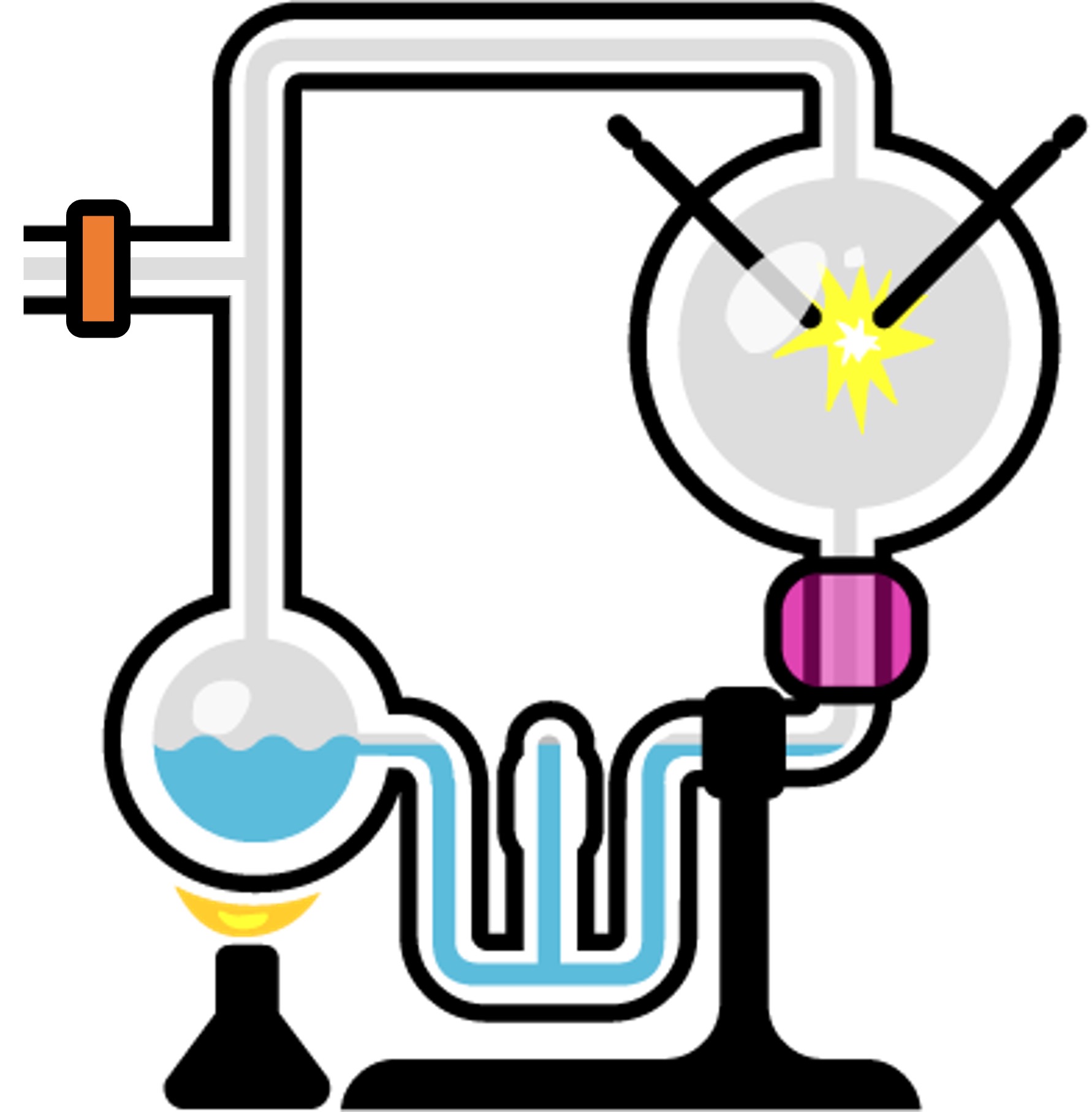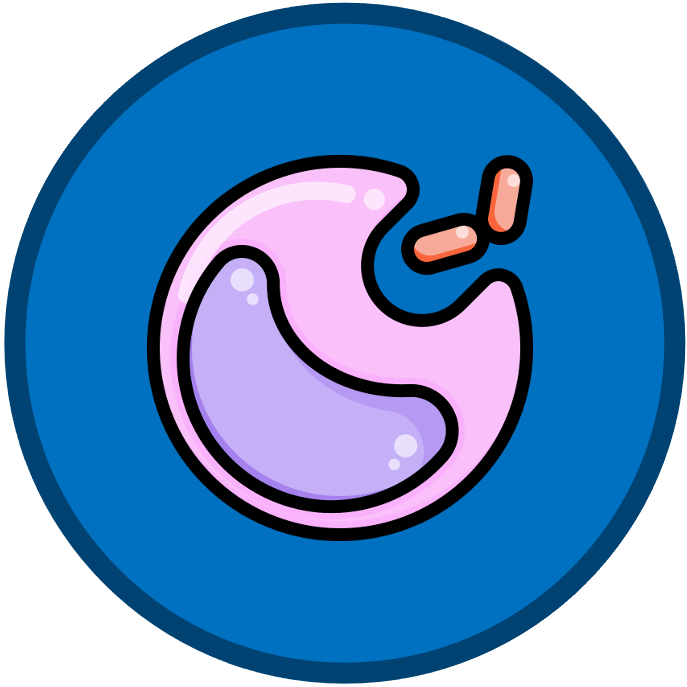

Organic Material
All cells and organisms are constructed from complex carbon-based macromolecules called organic compounds
-
Organic compounds can vary greatly in structure and diversity due to the chemical properties of carbon (can form four covalent bonds)
The generation of organic compounds from inorganic sources is considered to be a fundamental requirement in the initial formation of cells
-
The large variety of organic compounds allows cells to undertake a greater range of chemical processes needed to sustain life
The spontaneous formation of simple organic compounds required specific pre-biotic conditions:
-
A lack of free oxygen in the atmosphere meant there was no ozone, which resulted in higher levels of ultraviolet light penetration
-
Higher atmospheric concentrations of carbon dioxide and methane resulted in significantly higher temperatures
These conditions no longer exist on Earth and hence the chemical processes required for carbon compounds to form spontaneously do not now occur
Miller-Urey Experiment
The Miller-Urey experiment recreated the postulated conditions of pre-biotic Earth in order to demonstrate the non-living synthesis of organic materials
-
Water was boiled to vapour to reflect the high temperatures common to Earth’s original conditions
-
The vapour was mixed with a variety of gases (including H2, CH4, NH3) to create a reducing atmosphere (no oxygen)
-
This mixture was then exposed to an electrical discharge (simulating the effects of lightning as an energy source for reactions)
-
The mixture was then allowed to cool (concentrating components) and left for a period of ~1 week
-
After this time, the condensed mixture was analysed and found to contain traces of simple organic molecules
Miller-Urey Experiment






